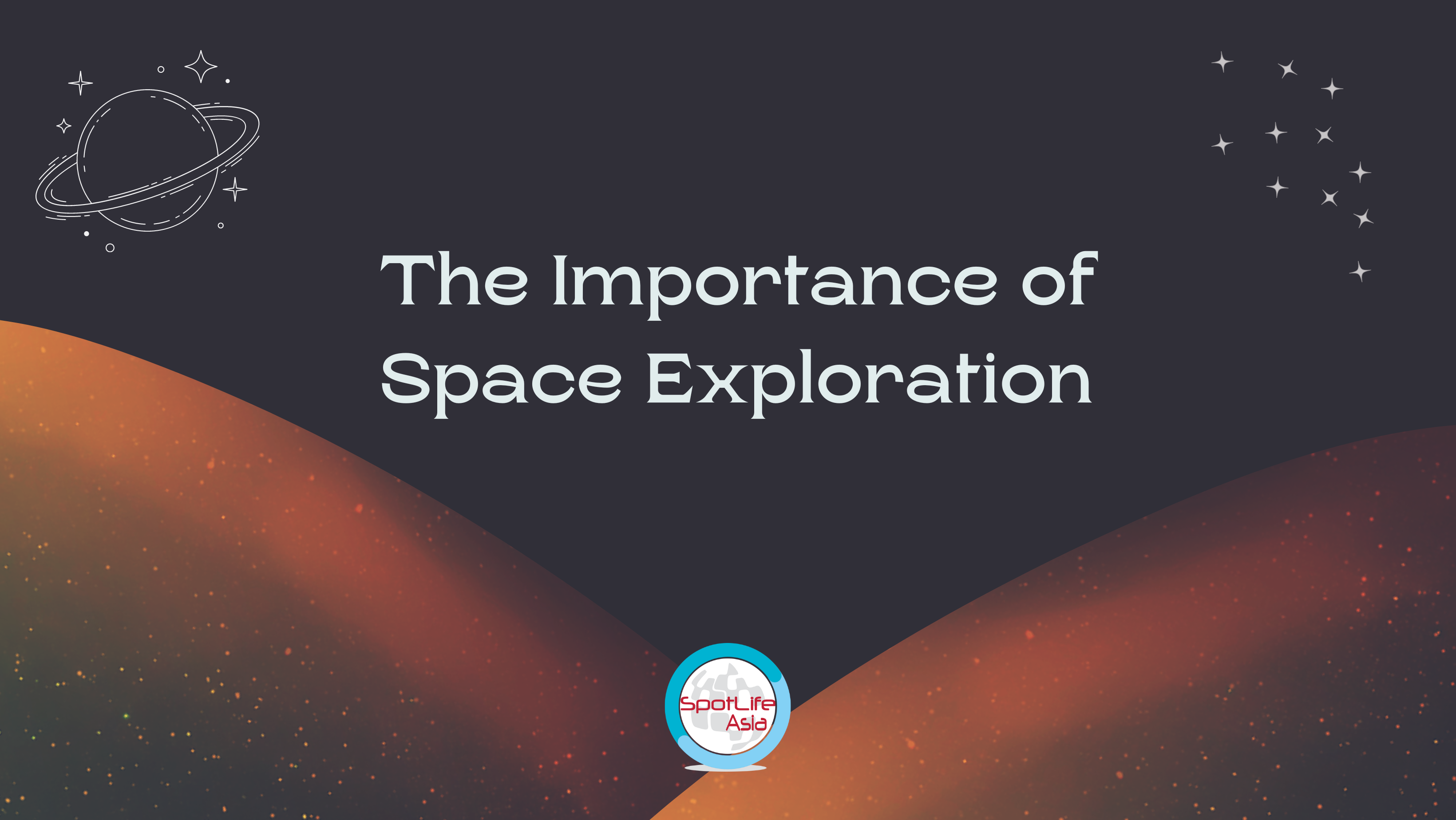Embark on a Journey to Unravel the Secrets of Space's Greatest Laboratory: The International Space Station (ISS).
Editor's Notes: "Unraveling The Mystery Of ISS: An Exploration Of Space's Greatest Scientific Laboratory" has published today to bring new and exciting information to the readers. The importance of this topic is that it unearths the enigma surrounding the ISS, providing a captivating analysis of its groundbreaking scientific achievements and future prospects.
Through meticulous analysis and extensive research, we have meticulously crafted this comprehensive guide to unveil the mysteries of the ISS, empowering you with the knowledge to make informed decisions.
Key Differences:
| Feature | Description |
|---|---|
| Purpose | Scientific Research and Technological Development |
| Size | Approximately the size of a football field |
| Crew | Typically accommodates 6 to 14 astronauts or cosmonauts |
| Lifespan | Designed for a 15-year lifespan, but continuously upgraded and extended |

The Most Important Events of the year in Space Exploration - Absolute - Source www.absolute-knowledge.com
FAQ
Explore common misconceptions and frequently asked questions surrounding the International Space Station (ISS), an extraordinary scientific endeavor unlocking the secrets of space.

iFunny :) - Source ifunny.co
Question 1: What is the primary purpose of the ISS?
The ISS serves as a hub for scientific research, technology development, and space exploration. Scientists conduct experiments in microgravity environments, studying the effects on human health, Earth systems, and innovative materials.
Question 2: How long has the ISS been in operation?
The ISS has been continuously inhabited since 2000, making it the longest-running human presence in space.
Question 3: How many astronauts have visited the ISS?
Over 250 astronauts and cosmonauts from 19 countries have experienced the unique environment of the ISS.
Question 4: What scientific discoveries and advancements have been made on the ISS?
The ISS has facilitated groundbreaking discoveries in fields such as medicine, materials science, and Earth observation. It has also tested technologies critical for future human missions to the Moon and Mars.
Question 5: What is the future of the ISS?
The current operational agreement for the ISS extends to 2031. Beyond that, decisions on its future will be determined based on scientific, technical, and political considerations.
Question 6: How can I learn more about the ISS?
Delve deeper into the fascinating world of the ISS through a comprehensive exploration in Unraveling The Mystery Of ISS: An Exploration Of Space's Greatest Scientific Laboratory
The ISS stands as a testament to human ingenuity and cooperation, pushing the boundaries of scientific knowledge and inspiring generations to come.
Explore further:
Tips
The International Space Station (ISS) is an extraordinary scientific laboratory that has yielded groundbreaking discoveries and technological advancements. To fully unravel the mystery of this colossal structure, consider these insightful tips:
Tip 1: Embark on a Comprehensive Study:
To gain an in-depth understanding of the ISS, delve into reputable scientific journals and academic papers. This immersive approach will provide a comprehensive understanding of its complex systems, research capabilities, and historical significance.
Tip 2: Attend Public Lectures and Webinars:
Attend public lectures and webinars hosted by renowned space agencies, universities, and research institutions. These events offer unique opportunities to hear from experts, ask questions, and stay updated on the latest ISS-related advancements.
Tip 3: Visit Control Centers and Space Museums:
Immerse yourself in the behind-the-scenes operations of the ISS by visiting control centers and space museums. These facilities showcase the intricate coordination and cutting-edge technologies involved in maintaining this space outpost.
Tip 4: Explore Immersive Virtual Tours:
Take advantage of virtual tours offered by space agencies and collaborators. These interactive experiences provide a virtual exploration of the ISS, allowing you to navigate its modules, witness experiments, and gain a firsthand perspective.
Tip 5: Follow News and Social Media:
Stay informed about ongoing ISS missions and research by following reputable news sources and social media accounts. This will keep you abreast of the latest discoveries, innovations, and historical milestones associated with this remarkable laboratory.
Summary:
By implementing these tips, you will embark on an enriching journey that unveils the marvels of the ISS and its contributions to scientific advancement, exploration, and international collaboration.
Unraveling The Mystery Of ISS: An Exploration Of Space's Greatest Scientific Laboratory
The International Space Station (ISS), a modular space station in low Earth orbit, serves as a microgravity research laboratory for conducting scientific experiments in various fields. This exploration delves into six essential aspects that unravel the mystery of the ISS, shedding light on its scientific significance and contributions to our understanding of space.
- Microgravity Research: Conducts experiments in zero-gravity conditions, providing insights into biological processes and material behavior.
- Earth Observation: Monitors Earth's climate, environment, and natural disasters, offering valuable data for environmental stewardship.
- Astronomy and Astrophysics: Houses telescopes and instruments for observing celestial objects, expanding our knowledge of the universe.
- Space Medicine: Studies the effects of long-term space travel on human health, paving the way for future deep-space missions.
- Technology Development: Tests and develops advanced technologies for space exploration, benefiting both space missions and Earth-based applications.
- International Collaboration: Fosters partnerships among nations, promoting scientific cooperation and diplomacy.
These key aspects collectively showcase the ISS as a pivotal platform for scientific discovery, technological innovation, and international collaboration. Its groundbreaking research contributes to advancements in fields such as medicine, environmental studies, astrophysics, and space exploration, ultimately expanding our understanding of the cosmos and our place within it.

Thermal • CRISPR. The Future of the Human Race - Source www.thermalpr.com
Unraveling The Mystery Of ISS: An Exploration Of Space's Greatest Scientific Laboratory
The International Space Station (ISS) is a modular space station in low Earth orbit. It is a joint project of five participating space agencies: NASA (United States), Roscosmos (Russia), JAXA (Japan), ESA (Europe), and CSA (Canada). The ISS serves as a space research laboratory, an Earth observation platform, and a technology testbed for future space exploration missions. Since the first module was launched into orbit in 1998, the ISS has been continuously inhabited by astronauts and cosmonauts from various countries, making it the longest continuously inhabited artificial object in space.

Spotlife Asia » The Importance of Space Exploration: Unraveling the - Source spotlifeasia.com
The ISS is a complex and versatile facility that has been used to conduct a wide range of scientific research, including experiments in biology, chemistry, physics, and materials science. The ISS has also been used to test new technologies, such as solar panels and life support systems, that will be used on future space exploration missions. In addition to its scientific and technological importance, the ISS has also been a symbol of international cooperation and collaboration.
The ISS is a reminder that humans are capable of great things when they work together. It is a testament to the power of science and technology, and it is a symbol of hope for the future of space exploration.
| Key Insights | Practical Significance |
|---|---|
| The ISS is a complex and versatile facility that has been used to conduct a wide range of scientific research. | The ISS has helped us to learn more about the effects of space on the human body, and it has also helped us to develop new technologies that will be used on future space exploration missions. |
| The ISS has been a symbol of international cooperation and collaboration. | The ISS has shown that different countries can work together to achieve great things. |
| The ISS is a reminder that humans are capable of great things when they work together. | The ISS is a symbol of hope for the future of space exploration. |